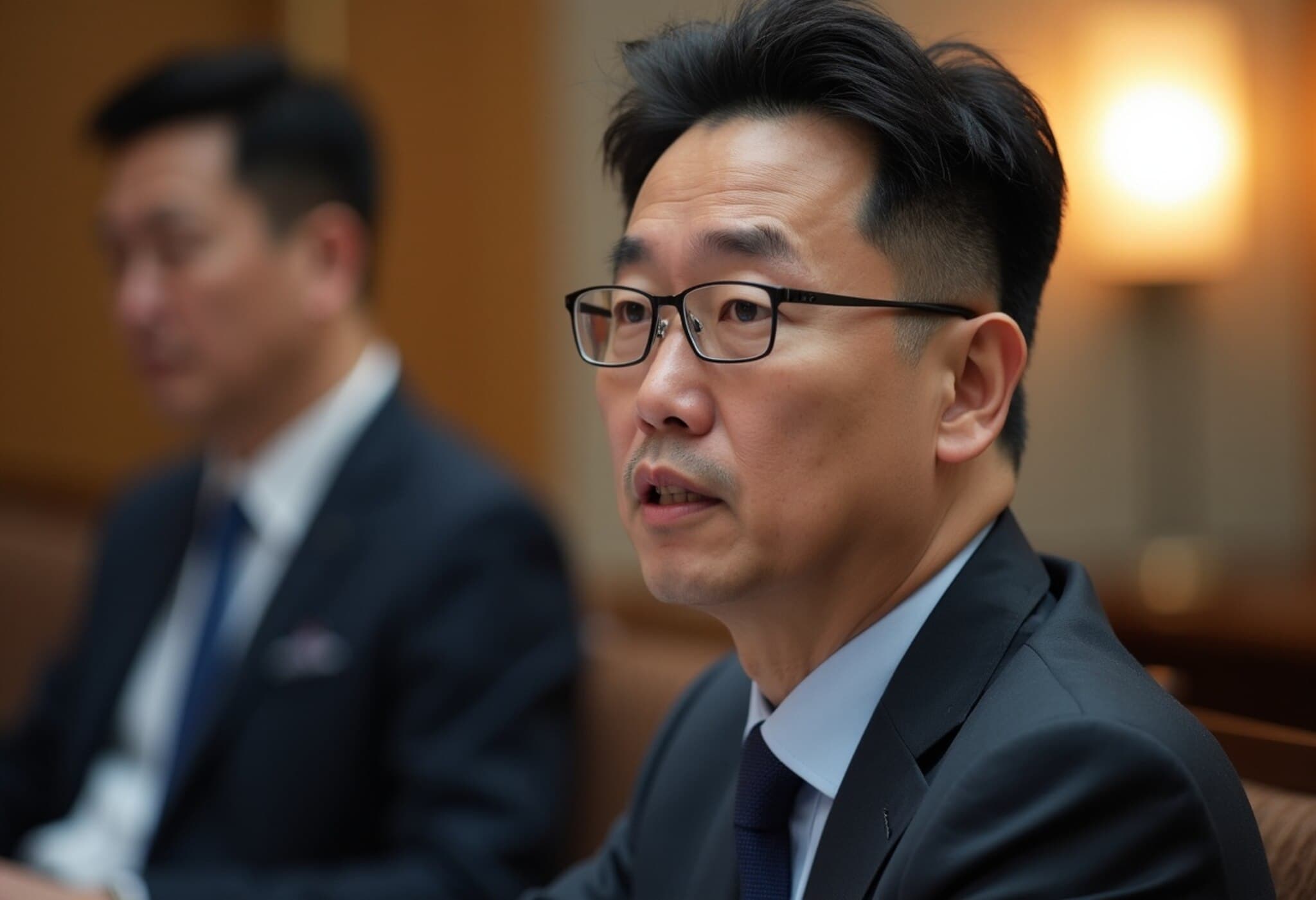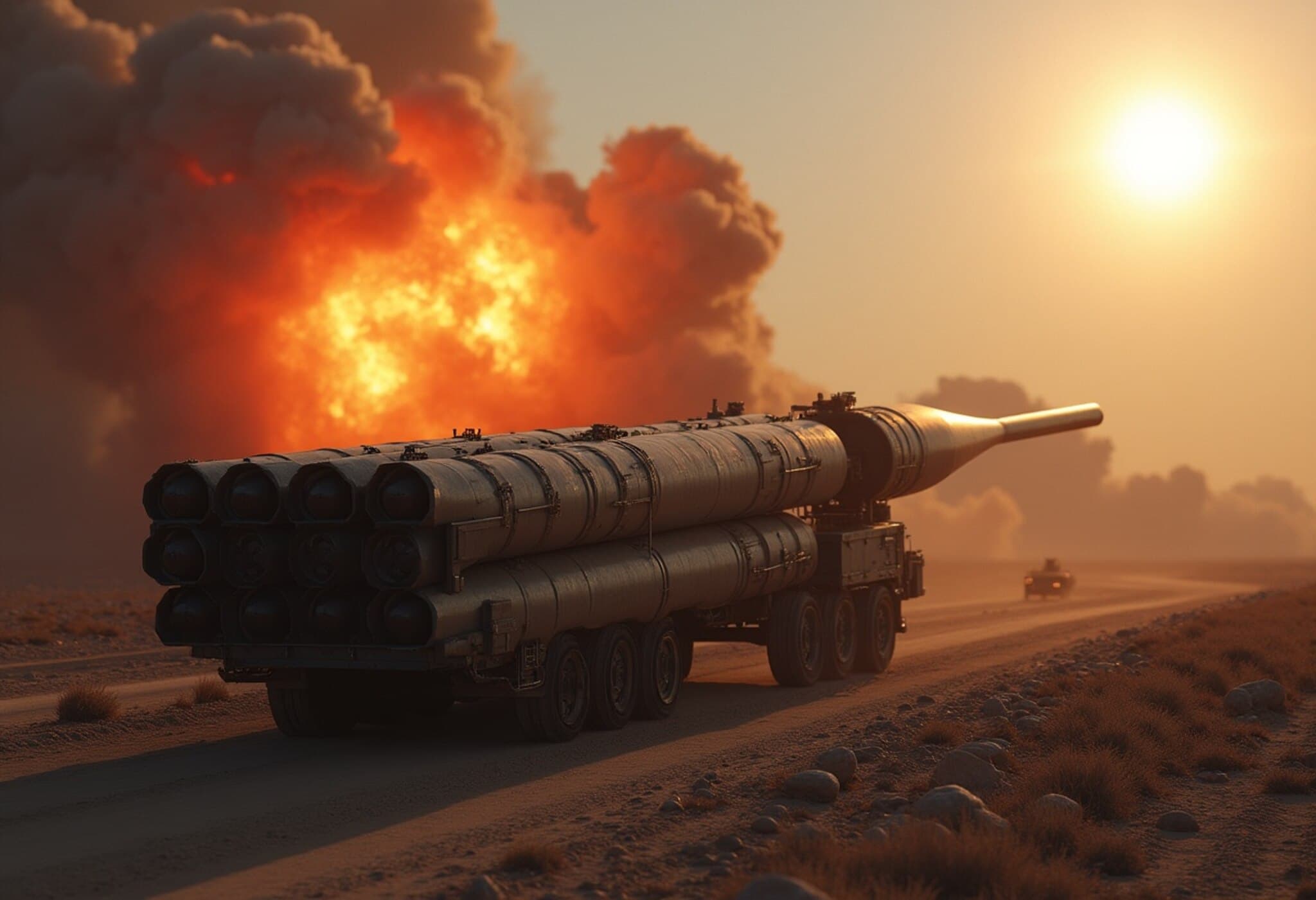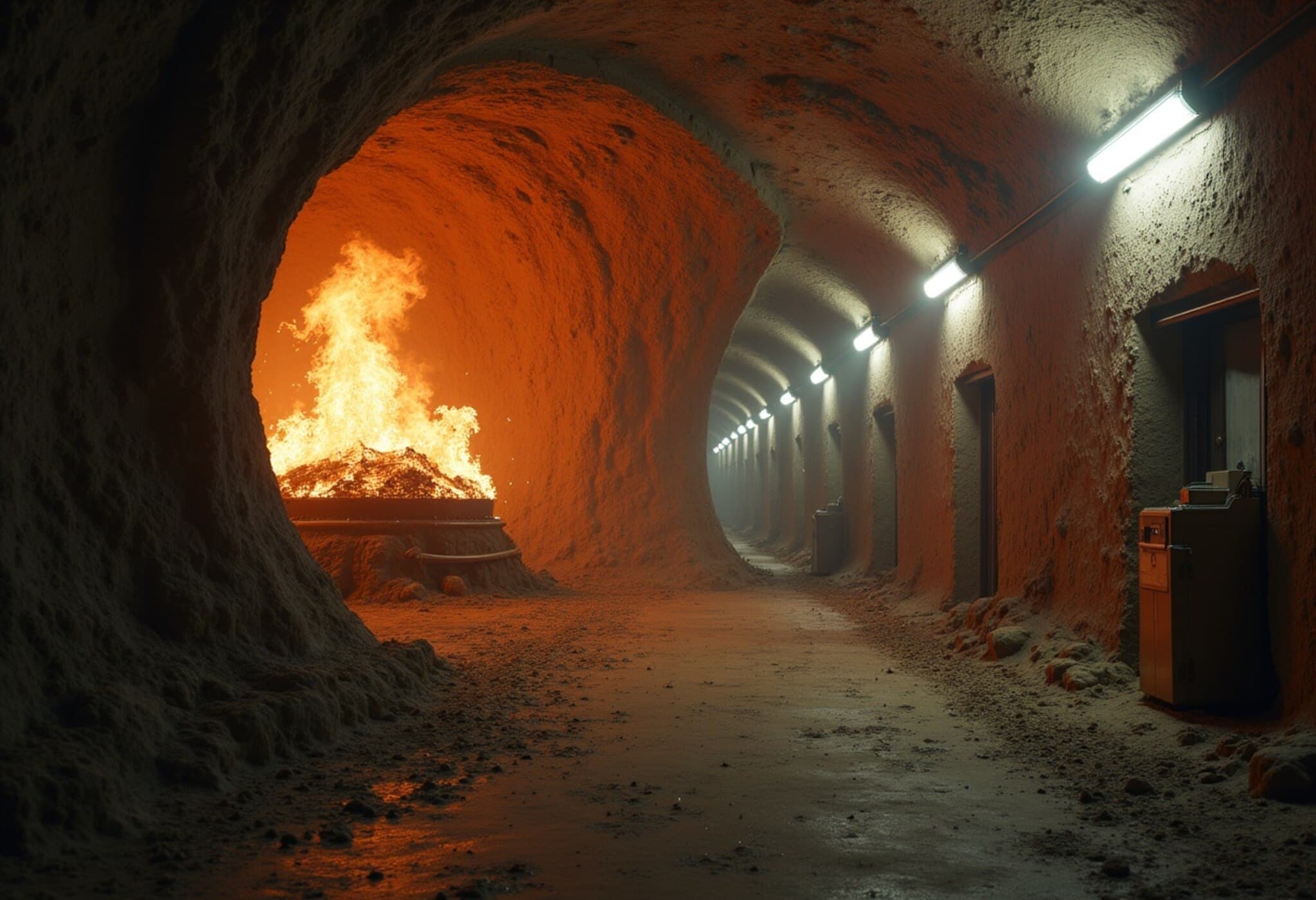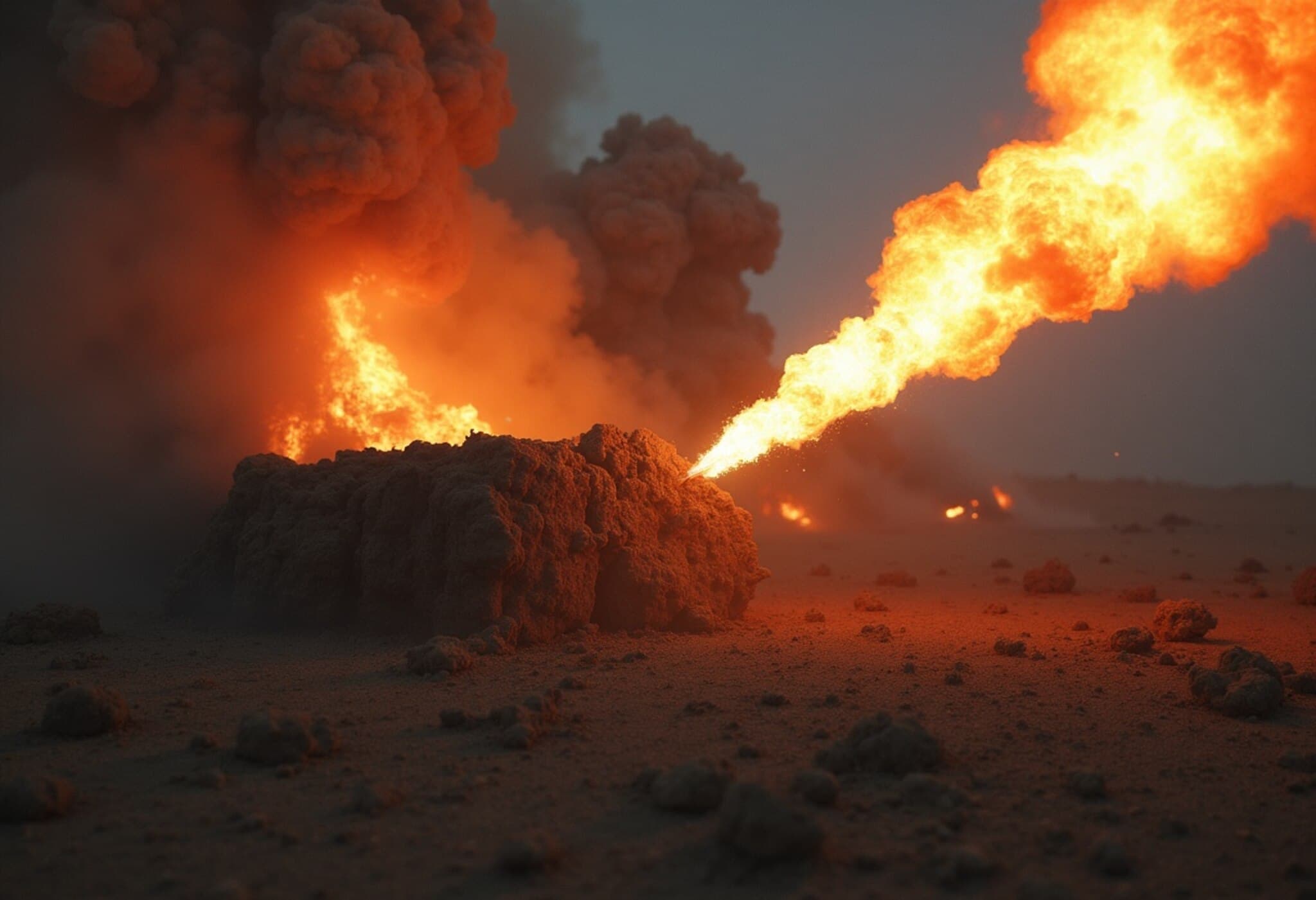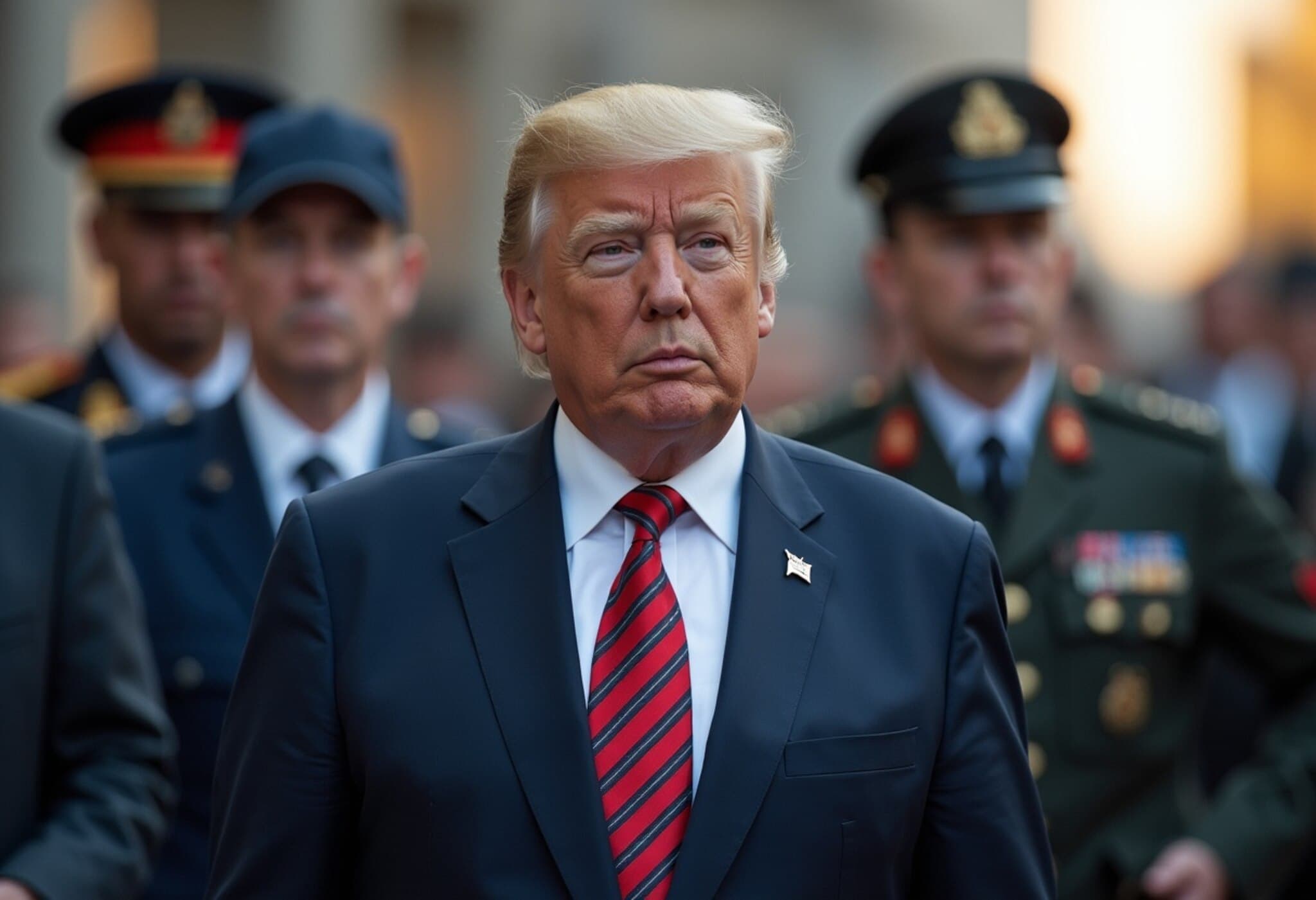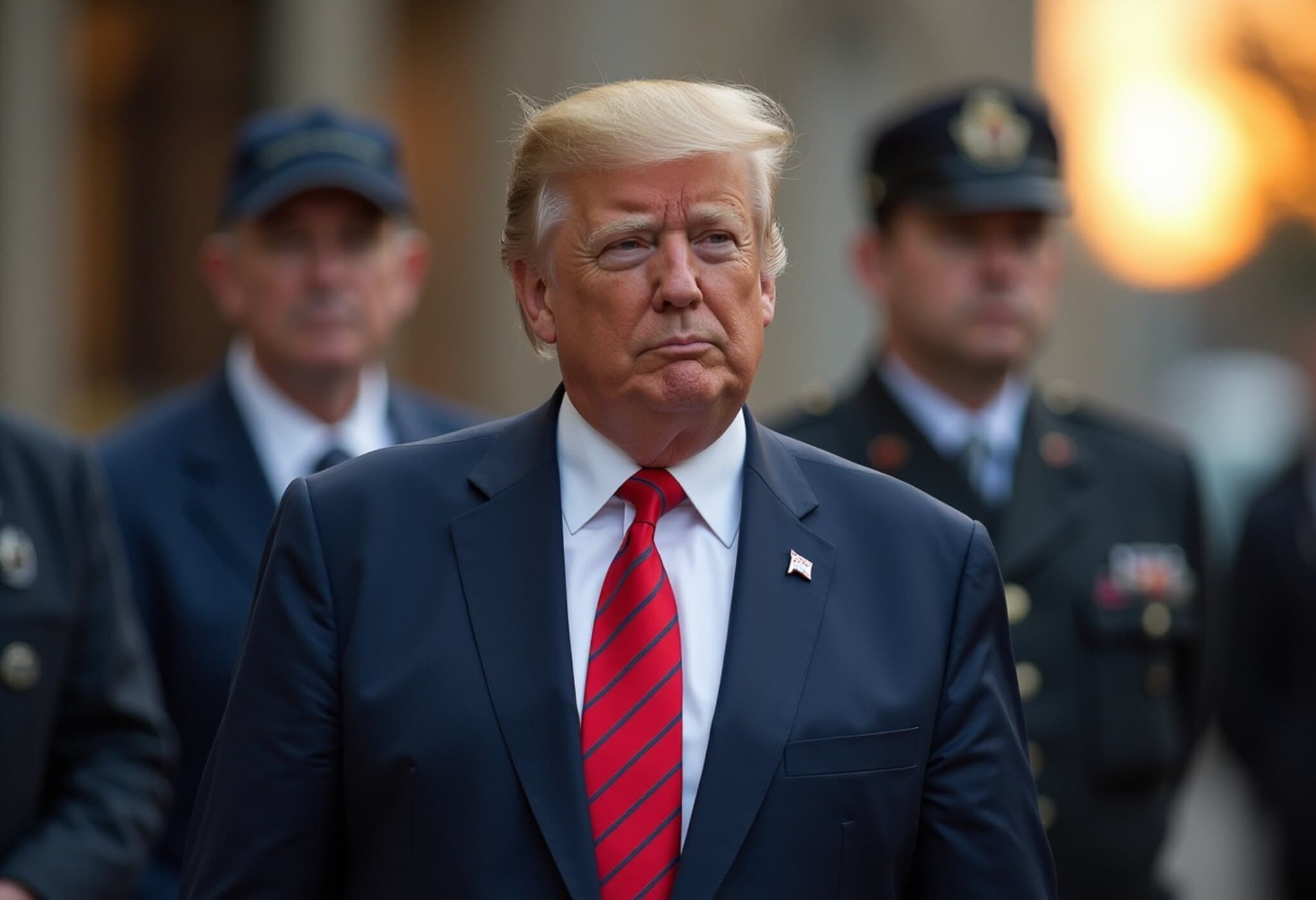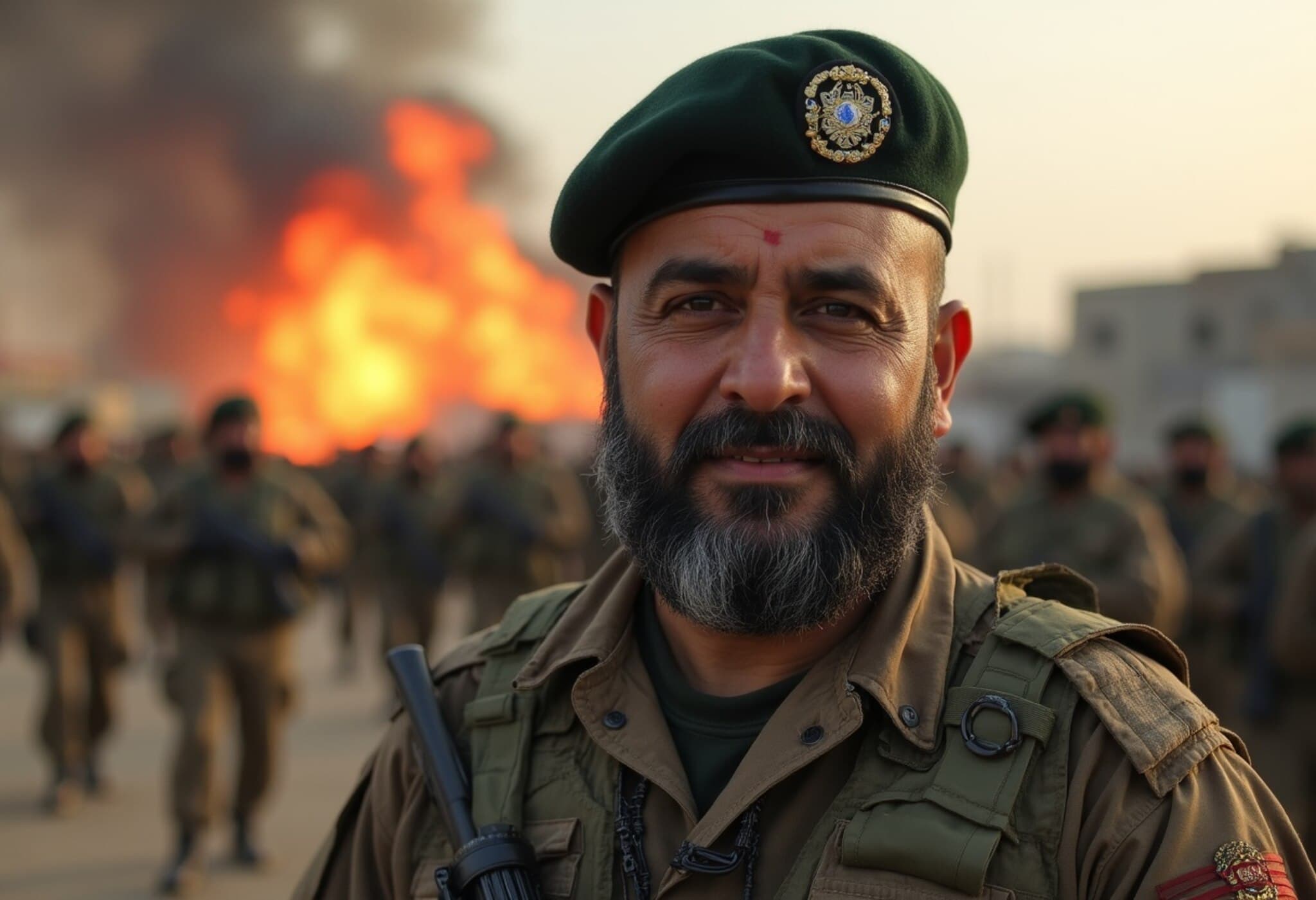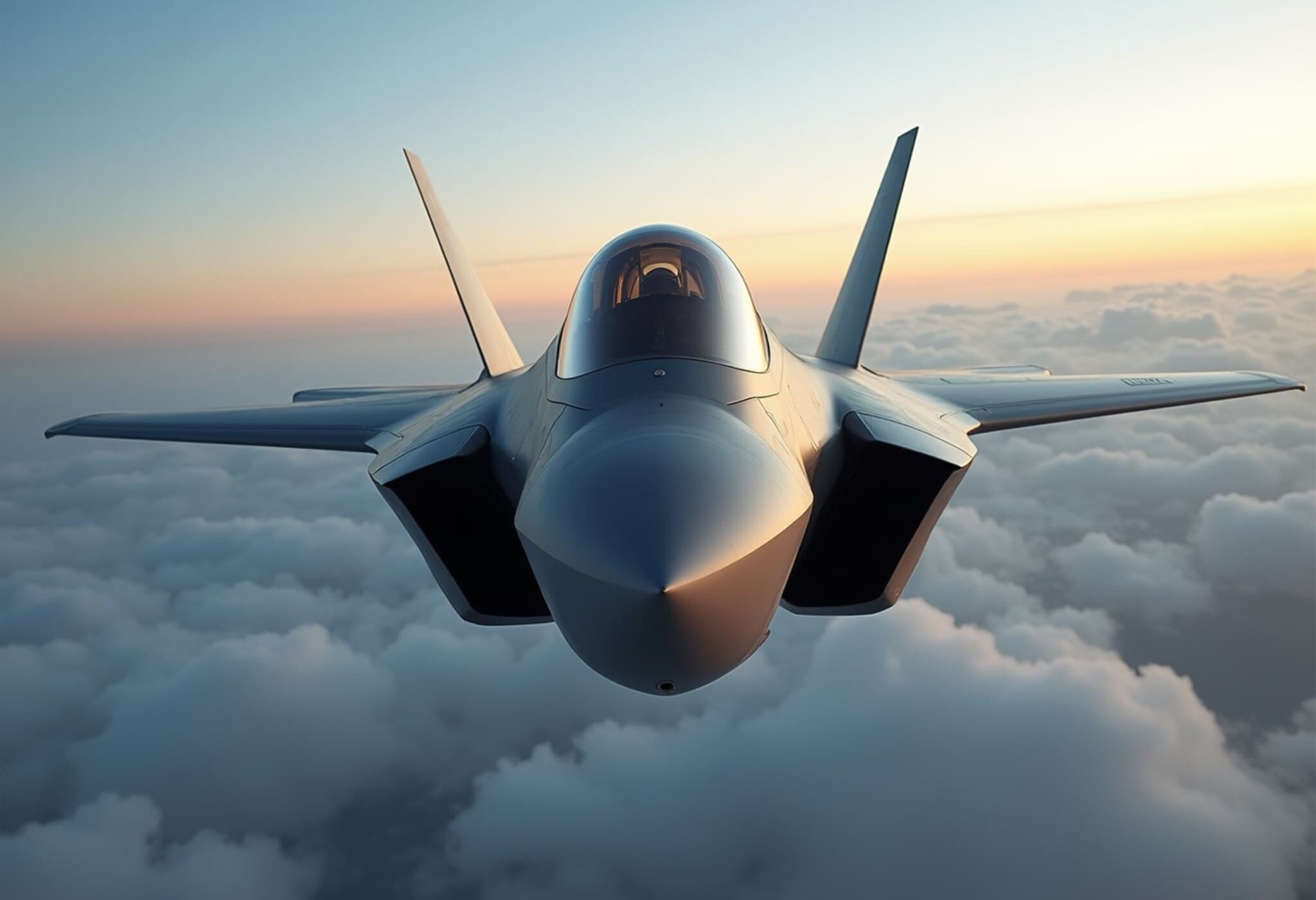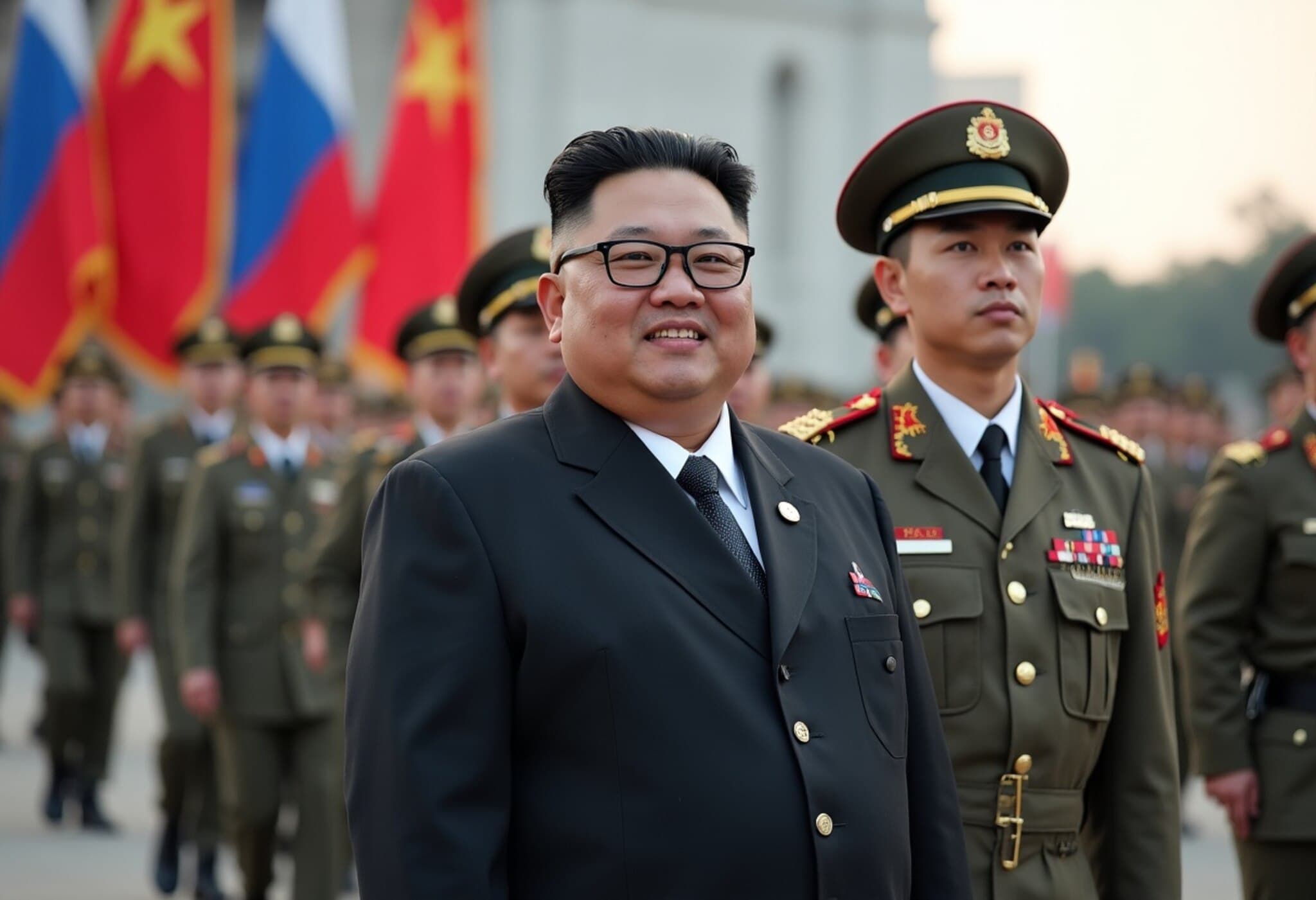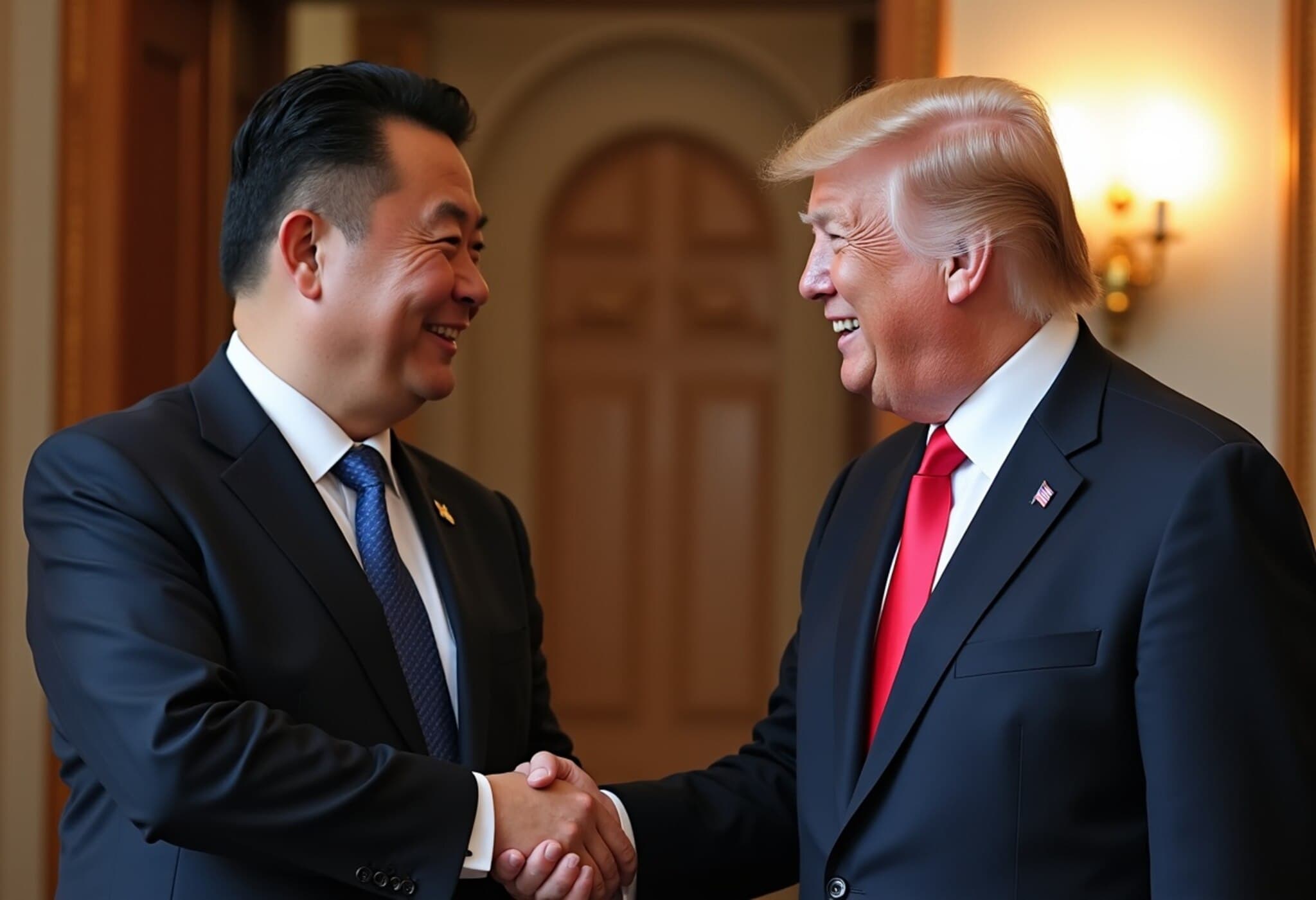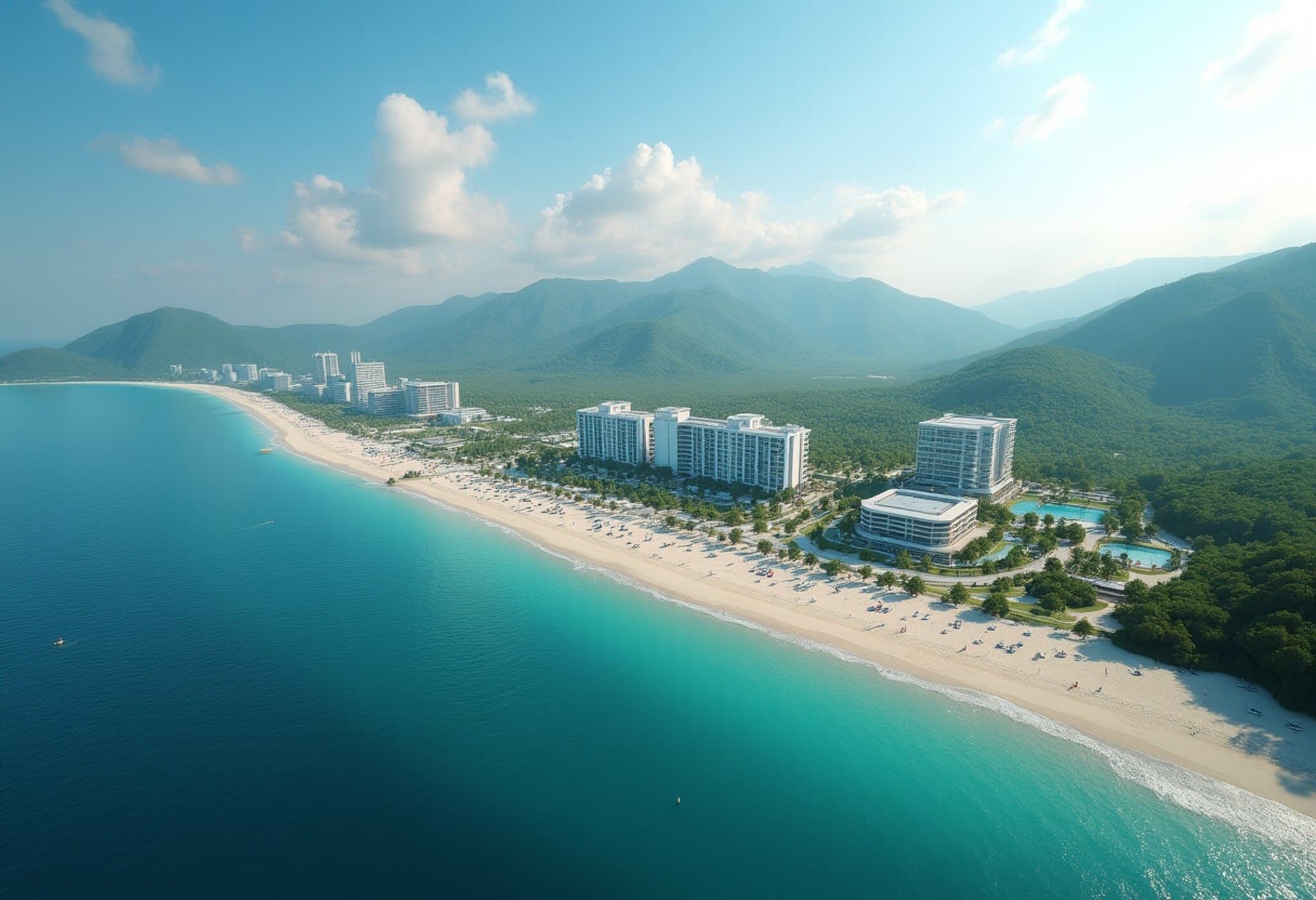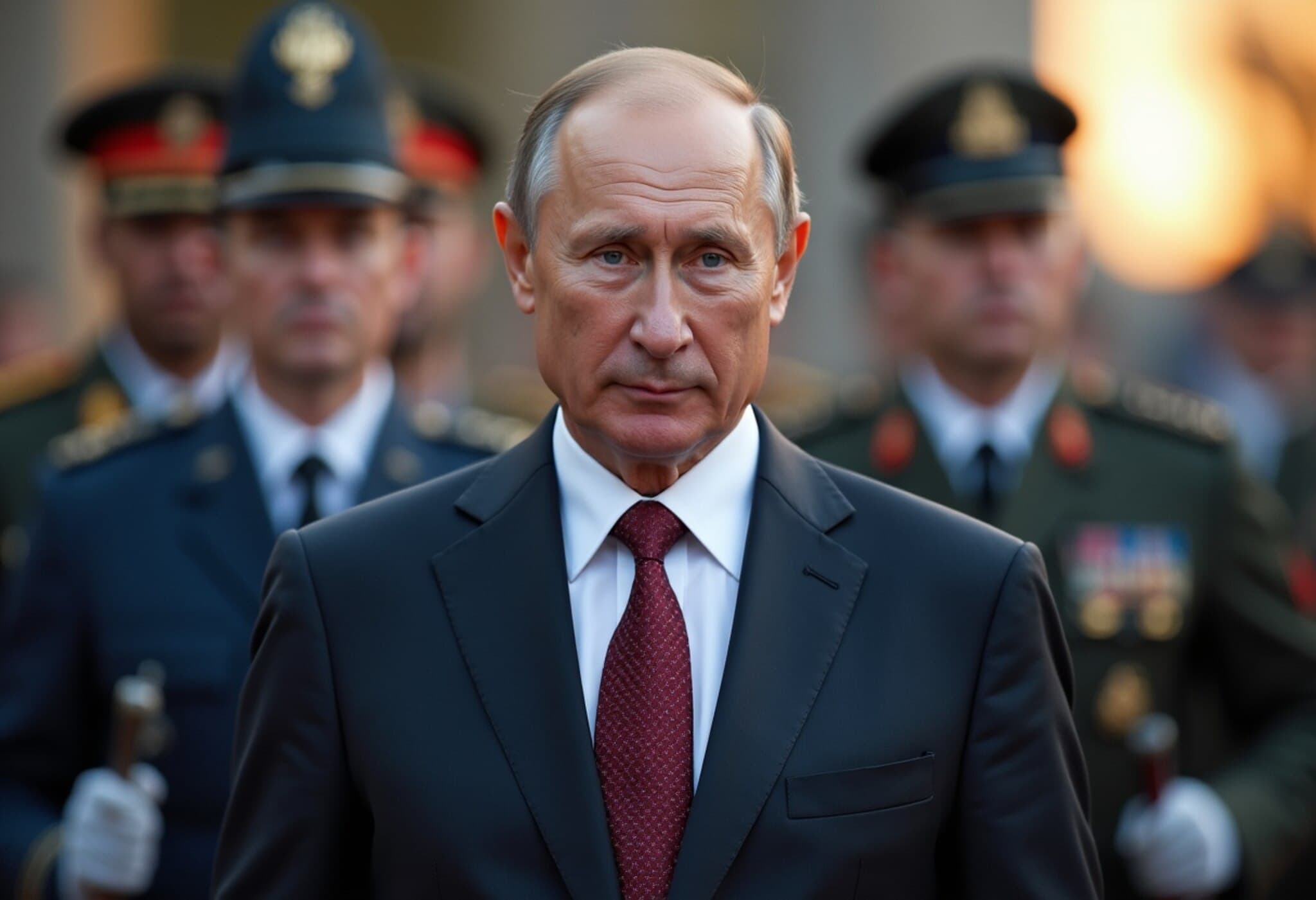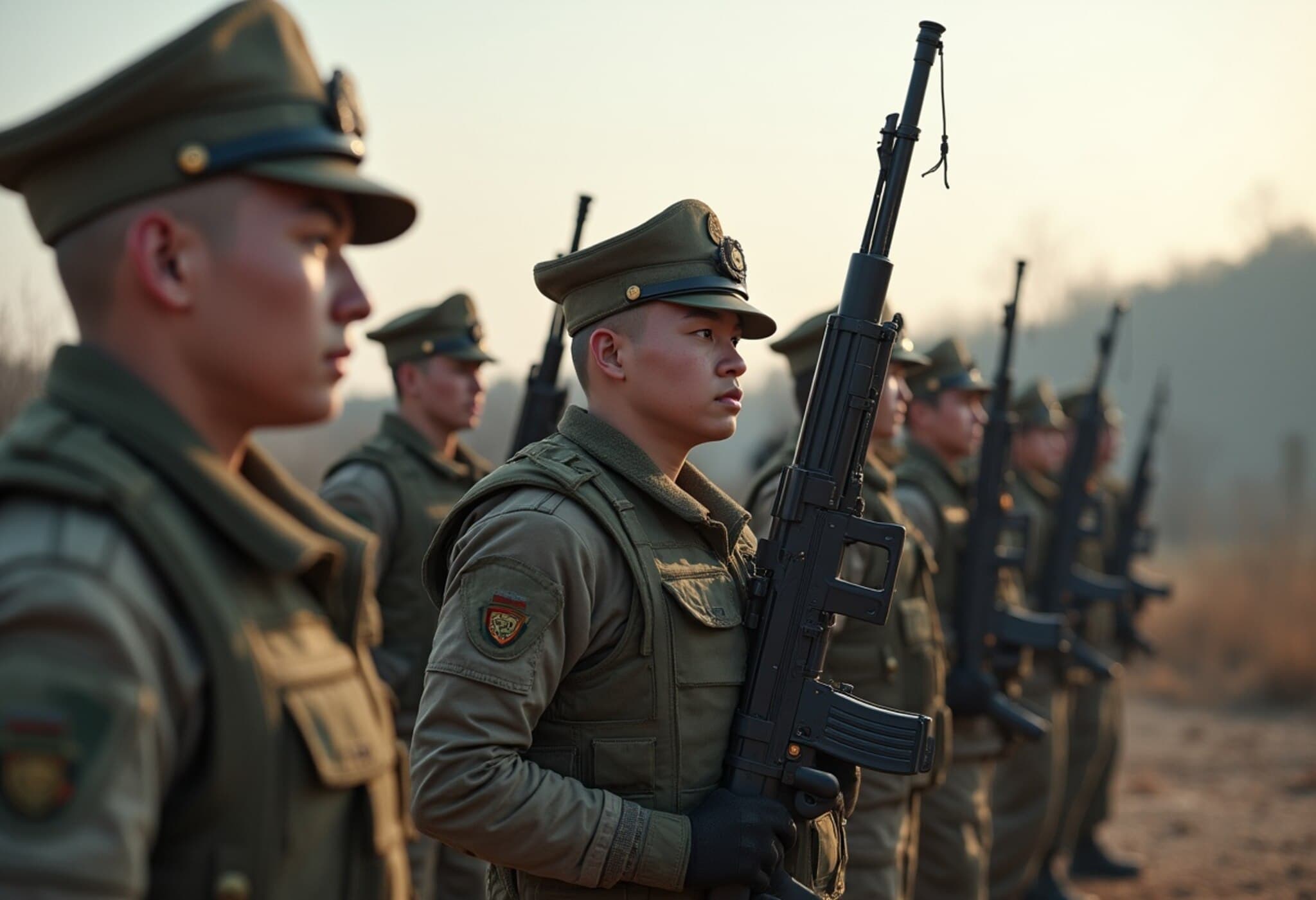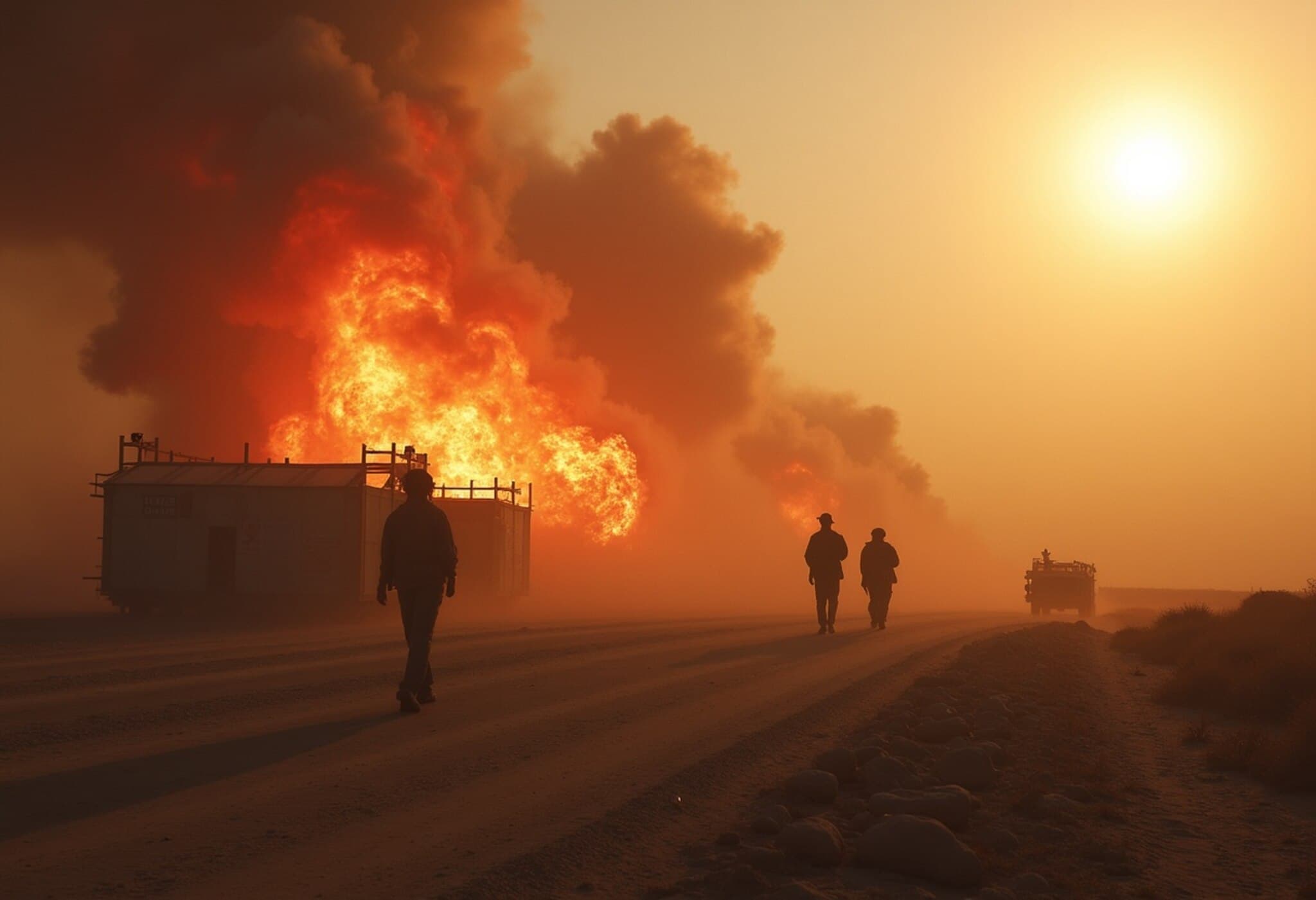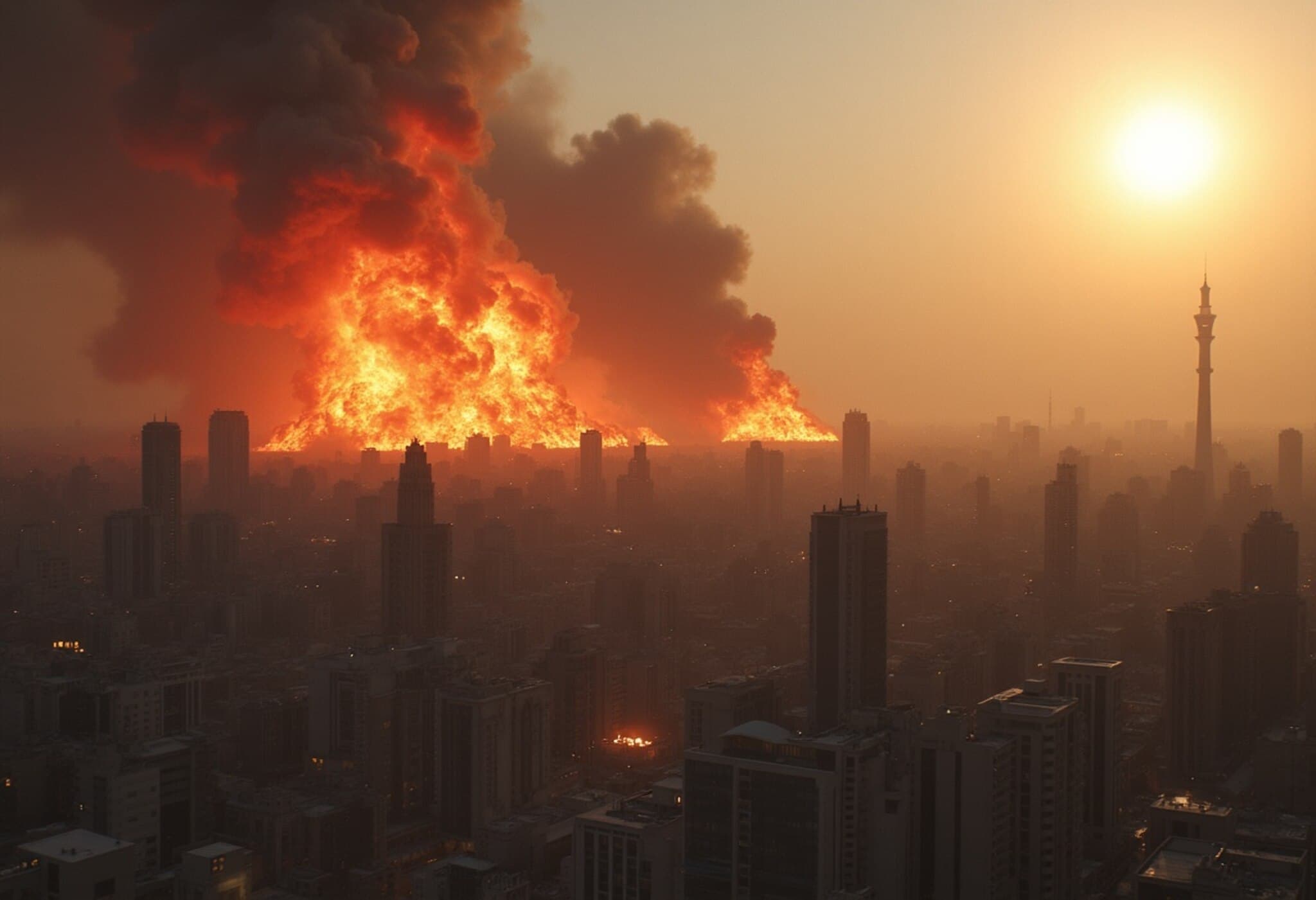US Commitment in Case of North Korean Nuclear Attack
During a recent nomination hearing, Lee Jong-seok, South Korea’s nominee for the National Intelligence Service director, affirmed his belief that the United States would respond with a nuclear strike against North Korea if Pyongyang launched a nuclear attack on South Korea.
Implications for the US-South Korea Security Alliance
Answering a direct question about Washington’s willingness to put American lives at risk—including those of US personnel in the region—Lee stated, "Yes, that is my belief." He emphasized that any nuclear assault on South Korea by the North would directly invoke the security treaty that binds the two nations.
Context: North Korea's Nuclear Ambitions
North Korea has long pursued nuclear weapons development and possesses fissile material stockpiles to construct atomic bombs. However, the regime has yet to conduct a missile test armed with a nuclear warhead, though its advancements in intercontinental ballistic missile (ICBM) technology remain a critical concern for regional security.
New Leadership and Regional Security Dynamics
Lee Jong-seok is expected to head South Korea’s intelligence agency under the administration of President Lee Jae Myung, who assumed office on June 4. His nomination comes amid heightened vigilance over North Korea’s provocations and ongoing diplomatic challenges.
Key takeaways:
- The US is viewed as committed to retaliating with nuclear force to protect South Korea.
- South Korea’s nominee publicly underscores the strength of the US-South Korea security pact.
- North Korea’s evolving nuclear capabilities continue to shape regional defense strategies.

